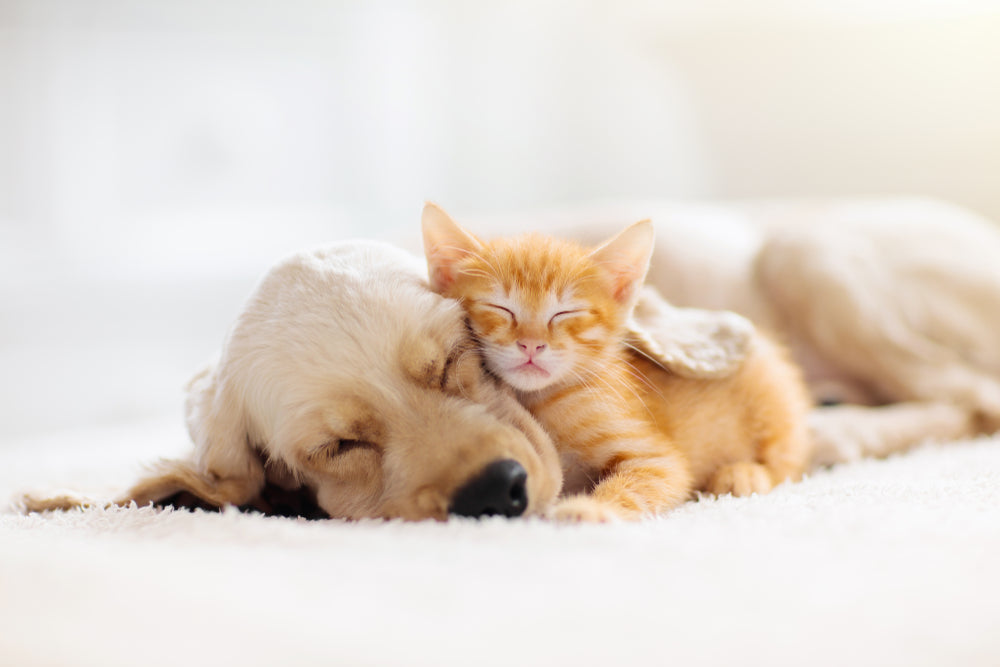Timeline Tales
Exploring the stories that shape our world, one timeline at a time.
Why Your Cat Secretly Thinks You're the Help
Uncover the hilarious truth: why your cat secretly sees you as their personal assistant! Read on for surprising feline insights!
What Your Cat Really Thinks About You: The Help Perspective
Have you ever wondered what your cat really thinks about you? From their gentle purrs to those curious glances, our feline friends may seem enigmatic, yet their behavior can reveal a lot about their feelings. According to experts, cats often exhibit signs of affection and trust towards their owners. For instance, a slow blink from your cat indicates that they feel safe and content in your presence. Similarly, when your cat kneads your lap, it’s not just a comforting action; this behavior harks back to their kittenhood when they kneaded their mother for milk. Understanding these subtle cues can enhance your bond and give you a glimpse into the complex world of your pet's emotions.
In the realm of cat communication, body language plays a crucial role. When your cat rubs against you, they are not only marking their territory but also expressing a warm sense of affection. Additionally, the way your cat positions their tail can tell you a lot about their feelings: a high, twitching tail often signifies excitement, while a low, flicking tail may indicate irritation or discomfort. As a cat owner, it’s vital to observe these behaviors closely to ensure your feline companion is happy and healthy. Ultimately, never underestimate the significance of these signals; what your cat thinks about you may depend largely on how well you understand their unique methods of communication.

5 Signs Your Cat Believes You're Just Their Assistant
As a cat owner, you may think your feline friend sees you as their beloved human, but there are subtle signs that suggest otherwise. One of the first indications is when your cat frequently meows at you for attention, only to ignore you when you respond. This behavior can leave you feeling like a personal assistant fulfilling their every whim. If your cat strategically positions itself in areas you need to access, like sitting on your laptop or blocking the fridge, it's clear they enjoy having you as their on-call service provider.
Another telltale sign is when your cat expects you to cater to their needs without reciprocating affection. If they're demanding meals at odd hours or expect a cozy lap to curl up on only when it suits them, this suggests they view you more as their assistant rather than their partner. Additionally, if your cat stretches out in front of you, claiming your space as their territory, it's a clear message that they see you as merely existing to support their lifestyle. Recognizing these behaviors can help you adjust your expectations and redefine your relationship with your furry companion.
Is Your Cat the Real Boss? Understanding Their 'Help' Mentality
When it comes to the dynamics of our households, many cat owners will jokingly admit that their furry friends seem to operate as if they are the true heads of the household. This phenomenon can be largely attributed to a unique behavior known as the 'help' mentality. Unlike dogs, which often thrive on direct guidance from their human companions, cats typically prefer to maintain a level of independence that can sometimes appear as aloofness. This distinction leads many to wonder, Is your cat the real boss? Understanding this mentality is crucial for fostering a productive relationship with these independent creatures.
Cats are notorious for their quirky behaviors that can leave us both amused and perplexed. For instance, you might notice your cat sitting atop your work documents or ‘helping’ with your computer tasks by walking across your keyboard. This behavior, while seemingly obstructive, is actually a sign of their desire to connect and engage. To better understand their perspective, here are a few reasons they display this help mentality:
- Affection - Your cat wants to be close to you.
- Attention - They seek to draw your focus away from other tasks.
- Playfulness - They’re inviting you to interact in their own unique way.